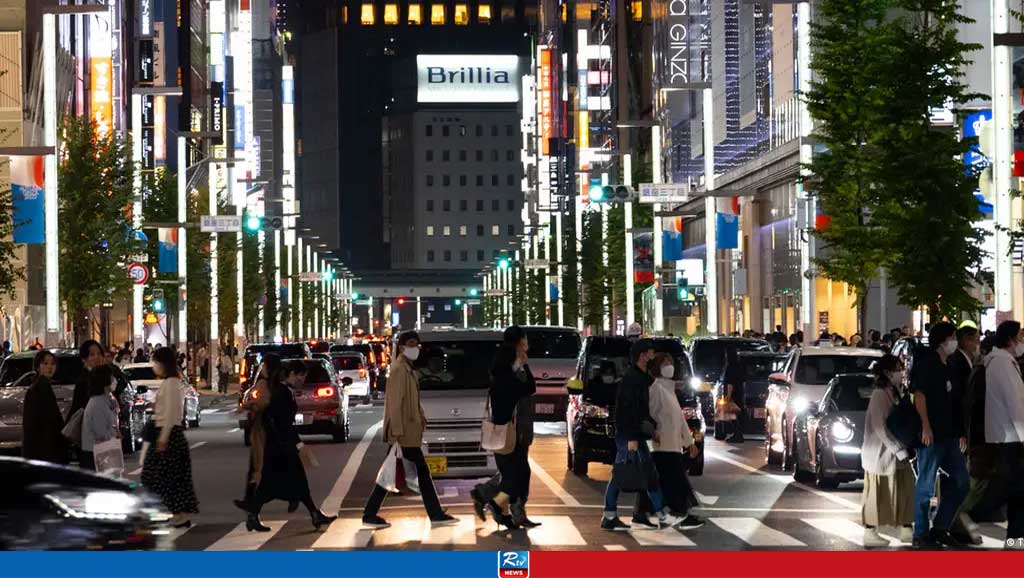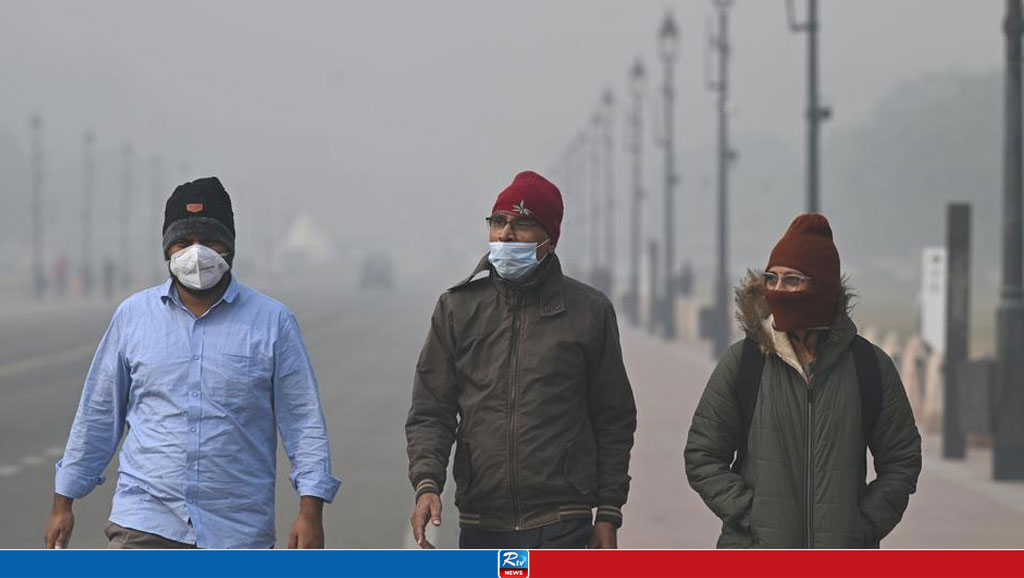Japan: 'Toyoko Kids' struggle to survive on city streets

Teenagers have banded together to escape abuse and neglect but find themselves drawn toward drugs and sex work — with pitifully little support available for the most vulnerable.
Suzuka and Nipa have adopted the all-black attire that is the unofficial uniform of the Toyoko Kids, the Japanese capital's tribe of young runaways.
Nipa arrived in the Kabukicho red-light district of Tokyo in January and was quickly taken in by the group. Suzuka arrived in April.
Like most of the girls in this loose-knit clan of a couple of hundred teens and 20-somethings, they have turned to sex work to get by.
Otherwise, they sleep on the streets or at friends' apartments.
When the weather is too bad, they club together to share a cheap hotel for the night.
Kabukicho kids turning to drugs
Any leftover money goes toward cigarettes, alcohol and buying over-the-counter medicine that they consume in large quantities to deliberately overdose.
The craze for deliberately overdosing first appeared in 2022. In a raid on the Toyoko Kids hangouts in December last year, police rounded up 29 minors, with several found possessing multiple types of non-prescription medicines, authorities told local media.
There have been a number of fatalities across the nation among young people following the Toyoko Kids' example, often shared on social media.
Youth have died here in Kabukicho as well, the girls said.
No rules on Tokyo's tough streets
The group of homeless youths first began to gather on a pedestrianized square surrounded by 24-hour stores, karaoke bars, restaurants, cheap hotels and a cinema complex about five years ago, said Hidemori Gen, a founding member of the Council of Fathers and Mothers to Protect Youth (Seiboren).
"The rules of Japan no longer really apply in the square where they gather and the nearby streets," he said.
"They drink and smoke even though they are under the legal age limit," he added. "They buy medicines with the aim of overdosing."
The district became notorious as more youths began to congregate and attracted media attention, Gen said. That, in turn, "made the place like a mecca to kids from across the country."
The police have attempted a couple of halfhearted interventions, he said, and in 2021 arrested the unofficial leader of the group, who went by the name Haoru, after six people tortured and killed a homeless man.
Haoru then took his own life before he could be brought to trial.
"These kids are runaways from parents who abused them or had no interest in them," Gen said. "Some were orphans who ran away from their homes. And now this is their home, a place with no rules and operating 24 hours a day."
'Nobody cares and nobody is taking responsibility'
Seiboren operates a cafe where young people can come for a hot meal and some warmth in the winter. On some days, more than 100 runaways stop by. Counselors are also available, but the young people are under no pressure to confide in them.
Gen said the laws covering the homeless and parental responsibility for children in Japan were lax.
That's why "it is very, very difficult to put a stop to these problems."
"The national government, the Tokyo city government and the police all know there is a problem — they can see it on our streets right here — but they do nothing," he said.
"Nobody cares and nobody is taking responsibility to help these young people," he said. "Sometimes they take them into care, but they only stay a couple of days and then they are on their own again, so they naturally come back here. There is no long-term support."
Gen blames the problems of Kabukicho — which are beginning to emerge on the streets of other nightlife districts around the country, such as Susukino in Sapporo and Minami in Osaka — on the dramatic changes that have taken place in Japanese society in the past decade.
"This problem did not exist 10 years ago," he said.
"In the past, Japan was a community of villages where families and neighbors looked after and helped each other," he said. "That has gone. More people have financial problems, there are lots of single mothers struggling to get by, young kids are immersed in their mobile phones and the online world."
Danger on the street
Uni, 22, and his family had to leave Fukushima prefecture after the nuclear disaster in March 2011.
The family experienced financial hardships and had to keep moving from one place to another for many years. Uni — the name he has adopted means "sea urchin" — arrived in Kabukicho 18 months ago after seeing videos of the Toyoko Kids on TikTok.
"Everyone is friendly and open, and it is easy to find people to talk with," he said. "I first came here because I thought I might be able to help kids with problems, but I ended up staying with them."
Uni acknowledged that the scene can be dangerous. Weaker children can easily be convinced to get into prostitution, he said, and they copy the behavior of others in the group. He knew one youth who died by suicide by jumping from a nearby building.
When asked about her hopes for the future, Suzuka said, "I have no dreams."
Nipa, however, said she wanted to "have a job where I am respected."
Comments
Nepal Bypasses Delhi, Signs BRI Agreement with China

China's Rules through Ideologically Indoctrinating the Youth

Chinese Consumers Tighten Budgets, Hotel Industry Struggles

Pakistan to Launch Direct Flights in Bangladesh Soon

Saudi Arabia Unveils World's First Date-Based Soft Drink: 'Milaf Cola'

Bangladeshi Man Sentenced Lifetime Imprisonment for Rape and Murder in Greece

Rebels Enter Damascus; Assad Flees


 Live Tv
Live Tv




